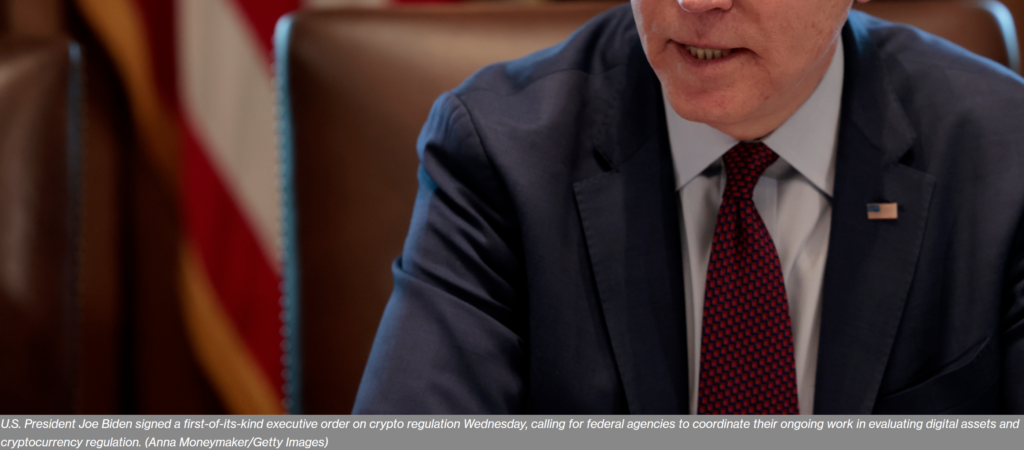Credit Suisse Strategist Says We’re Witnessing Birth of a New World Monetary Order

“Money” will never be the same again after the Ukraine war, writes Zoltan Pozsar, and bitcoin may be a beneficiary.
Former Federal Reserve and U.S. Treasury Department official, and now Credit Suisse (CS) short-term rate strategist, Zoltan Pozsar has written the U.S. is in a commodity crisis that is giving rise to a new world monetary order that will ultimately weaken the current dollar-based system and lead to higher inflation in the West.
“This crisis is not like anything we have seen since President [Richard] Nixon took the U.S. dollar off gold in 1971,” wrote Pozsar.
Negotiated by 44 countries as World War II was winding down, the Bretton Woods agreement (named for the conference location in Bretton Woods, New Hampshire) pegged gold as the basis for the U.S. dollar, with other currencies then pegged to the greenback. This structure began to fray in the 1960s as U.S. trade deficits became too large to ignore, and it fell apart completely in 1971 when the U.S. abandoned the link between the dollar and gold.
As the initial Bretton Woods era (1944-1971) was backed by gold, and Bretton Woods II (1971-present) backed by “inside money” (essentially U.S. government paper), said Pozsar, Bretton Woods III will be backed by “outside money” (gold and other commodities).
Pozsar marks the end of the current monetary regime as the day the G7 nations seized Russia’s foreign exchange reserves following the latter’s invasion of Ukraine. What had previously been thought of as risk-free became risk-free no more as non-existent credit risk was instantly substituted for very real confiscation risk.
What occurred surely isn’t lost on China, and Pozsar sees the People’s Bank of China (PBOC) faced with two alternatives to protect its interests – either sell Treasury bonds to buy Russian commodities, or do its own quantitative easing, i.e., print renminbi to buy Russian commodities. Pozsar expects both scenarios mean higher yields and higher inflation in the West.
Pozsar concluded his note with a comment about bitcoin (BTC). He expects it to benefit, but only “if it still exists.”
BY: Stephen Alpher
DISCLOSURE
The leader in news and information on cryptocurrency, digital assets and the future of money, CoinDesk is a media outlet that strives for the highest journalistic standards and abides by a strict set of editorial policies. CoinDesk is an independent operating subsidiary of Digital Currency Group, which invests in cryptocurrencies and blockchain startups. As part of their compensation, certain CoinDesk employees, including editorial employees, may receive exposure to DCG equity in the form of stock appreciation rights, which vest over a multi-year period. CoinDesk journalists are not allowed to purchase stock outright in DCG.










